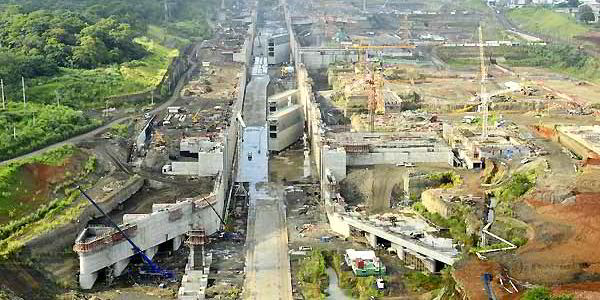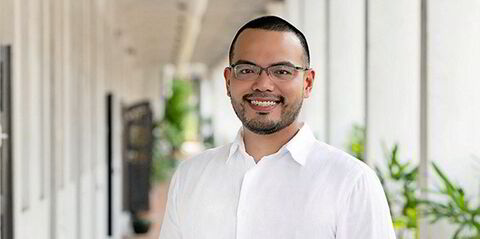The board has ordered Autoridad del Canal de Panama (ACP) the government agency that runs the waterway to pay the contracting consortium Grupo Unidos por el Canal (GUPC) $234m and extend the contract period by six months.
The four year long dispute was focussed on the quality of the basalt used to produce concrete for the key third locks of the project and delay attributed to ACP as a result.
Both issues had a considerable impact on the project as two thirds of the cost of the expansion works - approximately $2.3bn of a total of $3.3bn consist of civil works involving the manufacturing and placement of the concrete.
The adjudication board ruled that the properties of the basalt was not of the same quality indicated in the bidding documents submitted by ACP to all companies that tendered for the Panama Canal expansion project.
The board also ruled that the concrete mixture finally supplied but initially rejected by ACP met the required specifications and has a durability exceeding the 100 years required by the contract.
"We are pleased with the determination of the dispute adjudication board because they recognise the merit of our claims that were based on technical realities affecting the cost, logistics and execution of the work. All claims were detected in time and presented according to the requirements of the contract, however the systematic and unjustified rejection by ACP has impacted the project and the contractor", said GUPC chief executive Giuseppe Quarta.
Quarta said the board had approved in economic terms between 50% and 58% of what had been claimed by GUPC.
The GUPC consortium consists of Sacyr of Spain, Salini - Impregilo of Italy, Jan De Nul of Belgium and Constructora Urban, SA of Panama.



